Wang’s responses to various questions helped to further clarify not only how China interprets events in Ukraine and Beijing’s subsequent position in the global community during times of international crises, but also its general approach to foreign policy in a changing global order.
“The world is becoming a multi-polar one, where unilateralism and hegemonism [sic] will be replaced by greater democracy in international relations,” Wang said, in response to a question asked by a reporter from Japanese media outlet Kyodo News.
“Cold War alliances and geopolitical confrontation have long lost people’s support. This is the inevitable trend of history.”
Wang’s answer sounds very similar to the common refrain from China on its stance over the Russia-Ukraine situation: support for a diplomatic resolution and the importance of national sovereignty, as well as explicit condemnation of the United States and its disregard for others countries’ security considerations.
However, the response actually came to a question about how Beijing sees its relation with Tokyo in a new era of (somewhat) normalized China-Japan relations.
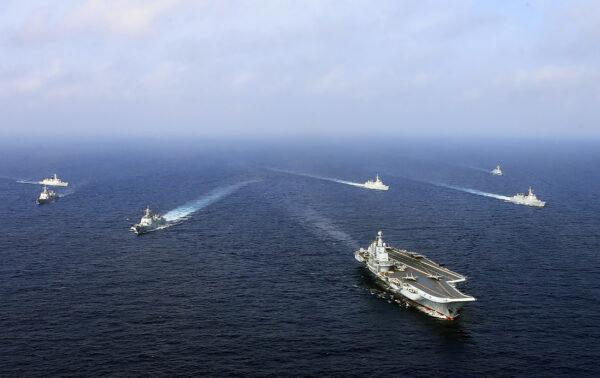
What is even more important is the context in which Wang made the statement above. It was not to tout the strength of the bilateral relationship or praise their deepening ties; rather, it was in warning to Japan that it must respect China’s national interests and not get in its way with an anachronistic (“Cold War alliances”-based) view of Beijing’s sphere of influence.
“Let me offer three pieces of advice to the Japanese side,” Wang confidently affirmed before diving into a list of ways that Tokyo must act in order to avoid upsetting Beijing.
Purposefully or not, the approach that the Chinese foreign minister took to answering Kyodo News’ question gives insight into the true decision-making calculus in Beijing. Beneath the veneer of neutrality and empty exultations of “international democracy” or the United Nations Charter, the CCP, in reality, views international politics as a zero-sum game in which the only way to increase its global position is to reduce that of others.
This is especially true in its perceived sphere of influence. China may eagerly await the emergence of a multi-polar world, but facilitating the arrival of this alternate international order (as compared to U.S. global hegemony) requires the CCP to first solidify its position at home in its own “pole.”
That includes East Asia and, as such, means ensuring Japan—the world’s third-largest economy in terms of nominal GDP (it is fourth in GDP based on purchasing power parity)—understands just who exactly is the preeminent player in the region. That also means respecting the benefits that accrue to China—say, an inability for Japan to possess nuclear weapons or host foreign armed forces on its territory—as a result of its military, economic, and political supremacy.
China setting its own course in international relations free of Western influence, as well as Beijing’s support for other countries that also wish to revise the U.S.-led international order, was a common theme throughout the entire conference.
Earlier in the meeting, Wang responded to a question from Russian media outlet Russia Today about how Western sanctions will affect Russia-China relations.
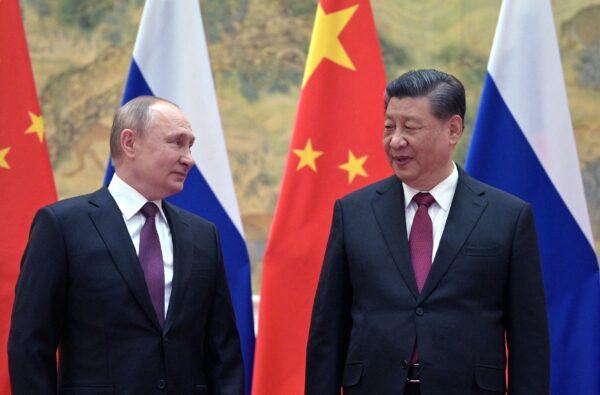
“China and Russia jointly oppose attempts to revive the Cold War mindset or provoke ideology-based confrontation,” said Wang, before once again declaring Beijing’s commitment for “greater democracy in international relations.”
While it touts the principle of democracy between countries, Beijing is therefore able to denounce any attempt to define the concept in domestic politics. This was illustrated when Wang reacted somewhat angrily to a question from Chinese state media outlet Global Times about the U.S.-led “Summit for Democracy.”
Wang launched into a tirade about how there are different interpretations of democracy for each country, and no one has the right to condemn any single one, or judge a certain version to be superior to another. The latter represents a type of “pseudo-democracy,” as Wang referred to it, in which the United States puts its own system of democracy “on a pedestal” that is “against the spirit of democracy.”
Wang’s response further reveals the true inspiration behind Beijing’s consistent calls for a non-judgmental form of “democracy” between countries. It denounces any attempt to judge one governance system above another and, therefore, reduces the likelihood of any type of bloc of countries forming that is predicated on anything other than pure economic interest.
As stated by Wang: “The so-called ‘Summit for Democracy’ excluded nearly half of all countries on the planet, blatantly drew an ideological line between countries and created division in the world. The act violated the spirit of democracy.”
The reasoning in this statement by Wang perfectly illustrates the entirely different conception of democracy that the CCP continually references. For Beijing, it is undemocratic to not invite tyrannical and/or authoritarian regimes to a meeting that celebrates democratic governance.
Whether in his defensive language over China’s exclusion from the U.S. summit, or in his insistence for Tokyo to acknowledge Beijing’s preeminence, or even his hostility to the notion that the Russia-Ukraine situation was in any way similar to China-Taiwan, Wang demonstrated what really matters in Beijing.
The façade of “international democracy” based on the equality of countries quickly comes tumbling down when the concept is in any way averse to the CCP’s interests.
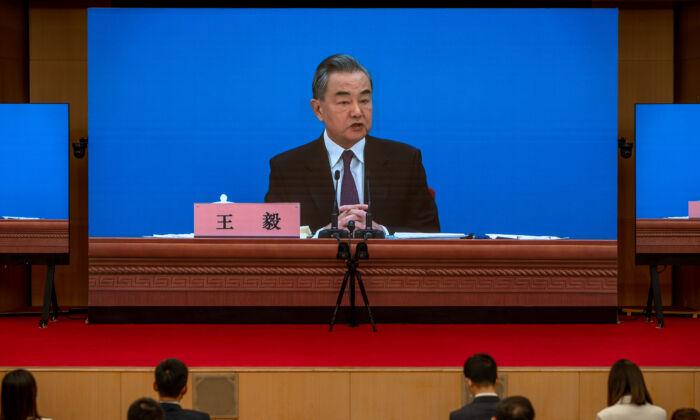

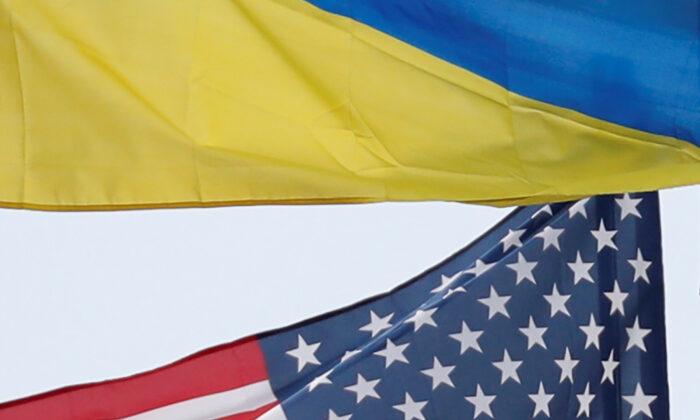
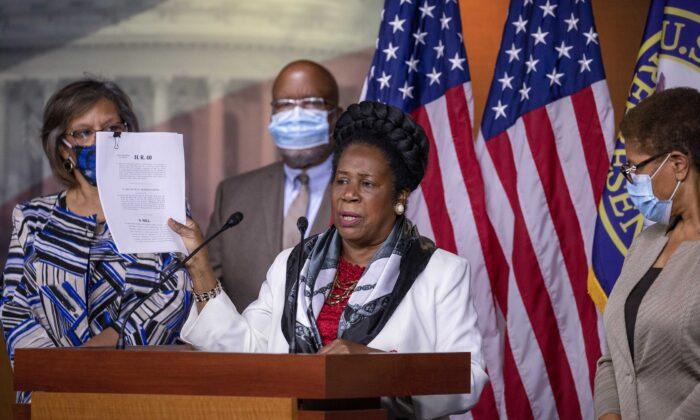

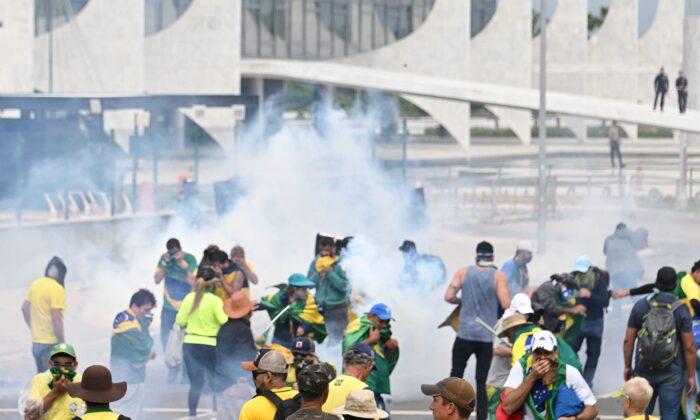
Friends Read Free